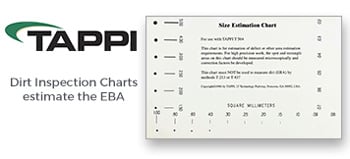Effect of xylan on the mechanical performance of softwood kraft pulp 2D papers and 3D foams, TAPPI Journal March 2025
Application: The findings here help the paper and pulp industry to understand how xylan content influences
the mechanical properties of pulp fiber products, enabling tuning of material performance by altering the xylan
content.
TAPPI
conference proceedings and presentations, technical papers, and publication articles provide technical and management data and solutions on topics covering the Pulp, Paper, Tissue, Corrugated Packaging, Flexible Packaging, Nanotechnology and Converting Industries.
Simply select the quantity, add to your cart and your conference paper, presentation or article will be available for immediate download.





